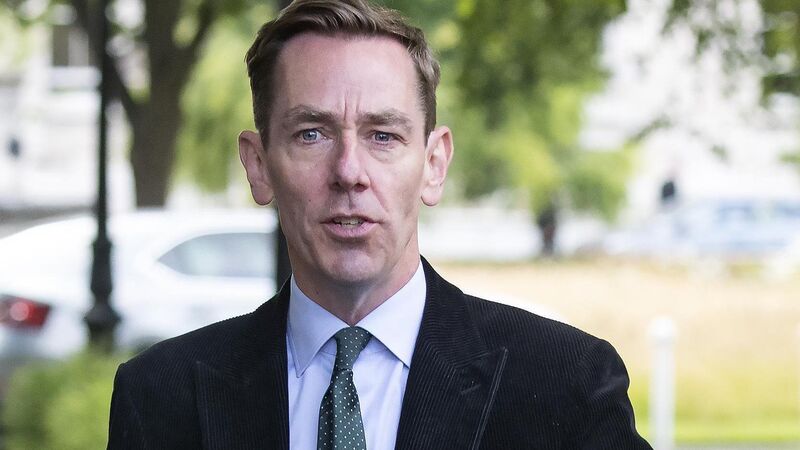RTÉ's legal risk over Tubridy could depend on whether he's an employee or contractor, says expert

Lawyer Julie Mullan said the use of contracts between the station and companies representing its stars, as was the case with Mr Tubridy, is 'a sticky area' because 'Revenue don’t like those contracts, and could turn around and say in reality it comprises an employee contract'. Picture Colin Keegan/ Collins
The extent to which RTÉ has exposed itself legally by letting Ryan Tubridy go will hinge on whether or not he is deemed to have been an employee or a contractor, a legal expert has said.
RTE’s contract with Mr Tubridy, which covered the period 2020 to 2025 for both television and radio commitments, remains a matter of some dispute as to whether or not it remains live.













